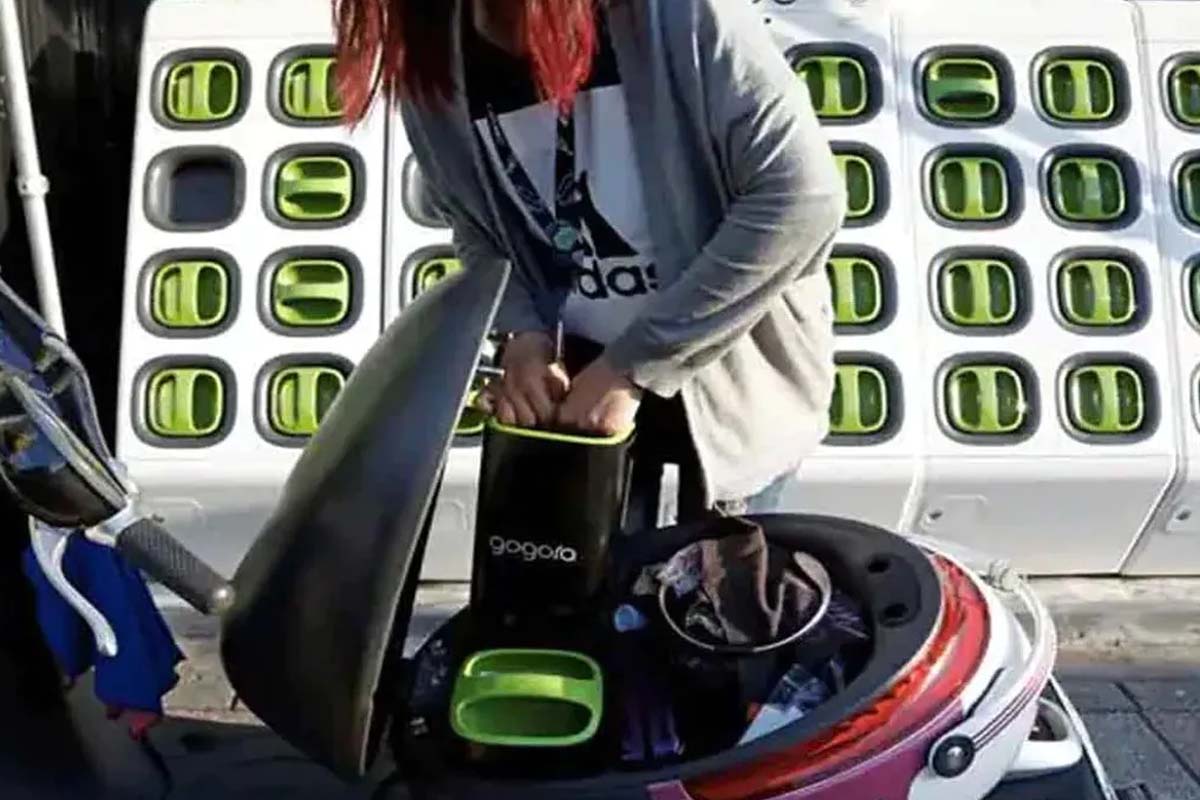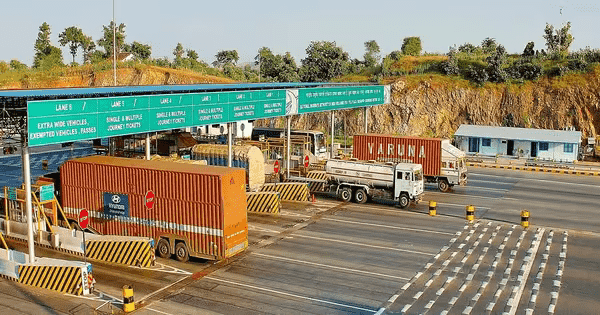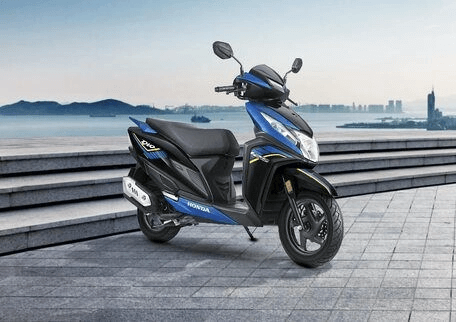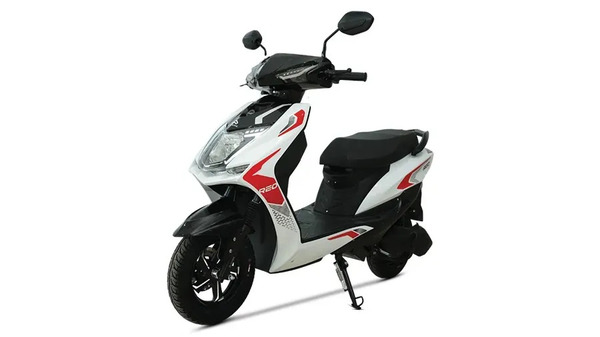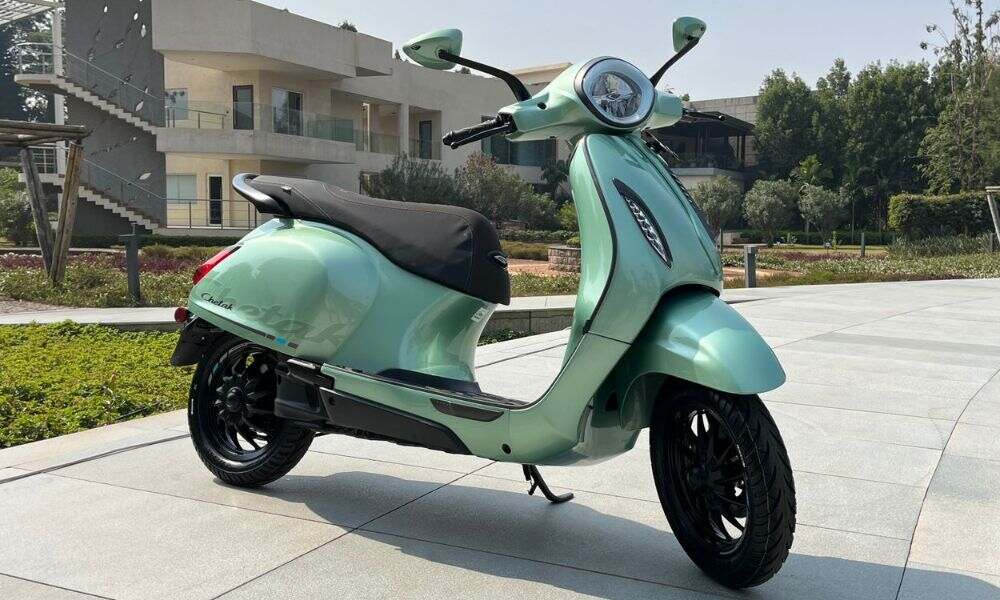Niti Aayog, the think tank of the Indian government, has released the first draft of the battery swapping policy. It mentions covering all the metropolitan cities with a population above 40 Lakh in the first phase. According to the draft, battery swapping networks will be set up on priority in all such cities. It will be followed by a phase 2 where all major cities including state capitals, UT headquarters and cities with population above 5 lakh will be covered due to the growing number of electric two-wheelers and three-wheelers in these cities.
The draft of the policy further states that vehicles with battery swapping function can be sold without a battery so that EV buyers can avail benefits of lower purchase costs. It also allows any individual or entity to set up a battery swapping station at any location, provided that the specified technical, safety and performance standards are strictly met. In her maiden speech during the Union Budget in the Parliament, Finance Minister Nirmala Sitharaman had announced that the Government will be soon introducing a battery swapping policy in order to overcome the constraint of space in urban areas for setting up charging stations at mass scale. The policy will boost efficiency in the EV ecosystem while adhering to industry interoperability standards.
